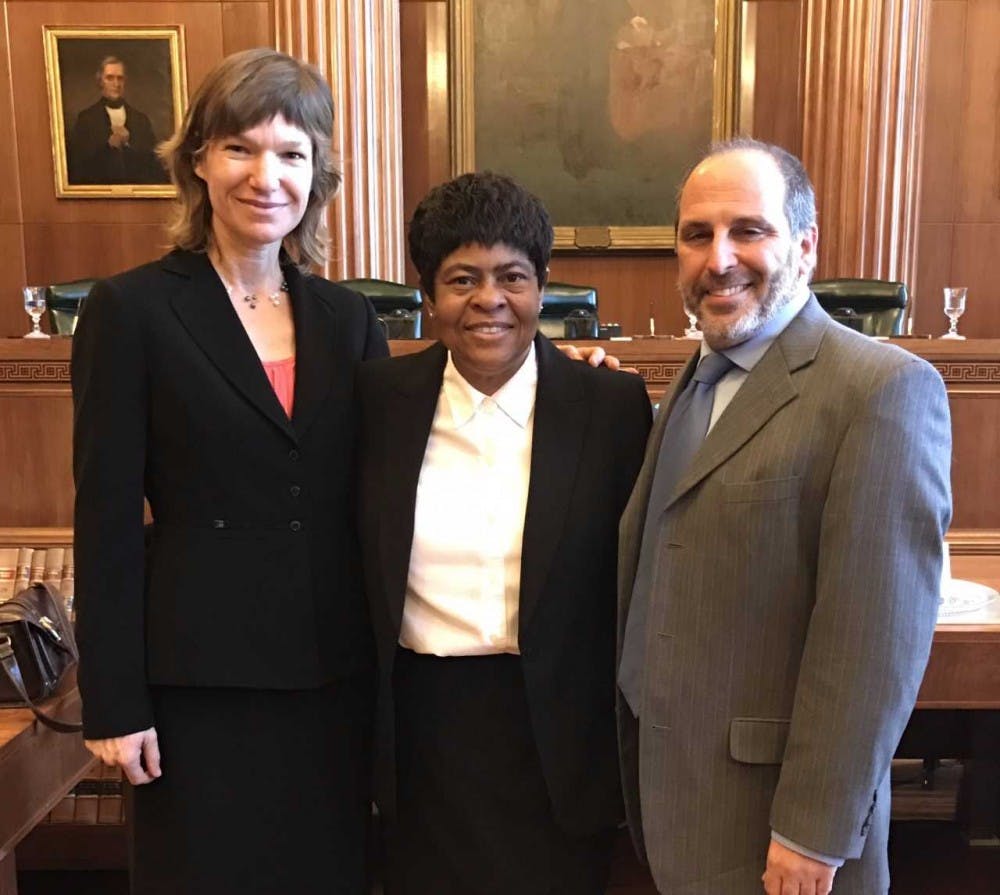This past September, the UNC Board of Governors voted to ban litigation work done by the UNC School of Law’s Center for Civil Rights, which provided pro bono work to low-income communities, on the belief that this should not be the center’s focus.
Theodore Shaw, director of the Center for Civil Rights and a law professor at UNC, said the vote cuts at the heart of what the center does.
“The center was created with a tripartite mission of training students, new generations of civil rights lawyers and doing that through the experiential education,” he said. “Secondly, it had a mission of doing research that was related to advocacy. Thirdly, there's the representation of the advocacy of poor black and brown people who experience deprivation of civil and constitutional rights.”
Robert Campbell, president of the RENA Community Center in the Rogers Road Community, has worked with the center and says it has brought reforms and helped expose wrongdoing against low-income communities.
“They have shown off what the face of institutionalized racism looked like and implicit bias looked like when it comes to the quality of life and health for those that live in these communities,” he said. “So why not use them to enhance the quality of life in your community?”
Elizabeth Haddix, a professor at the UNC School of Law who is involved with the center, said in an email that her role is limited to completing the non-litigation work by Jan. 12 when the center runs out of funds.
“I have agreed to continue representing all our clients in our individual capacities since the center lawyers cannot provide direct representation or otherwise act as legal counsel,” she said. “Wherever we land, we will continue the mission of training the next generation of civil rights lawyers and engaging in impact litigation and advocacy on behalf of our clients in the struggle to dismantle structural racism.”
Shaw said what the BOG did was shameful.
“It can't provide legal representation to them,” he said. “It can't even give them legal advice."



